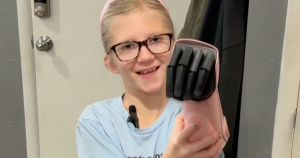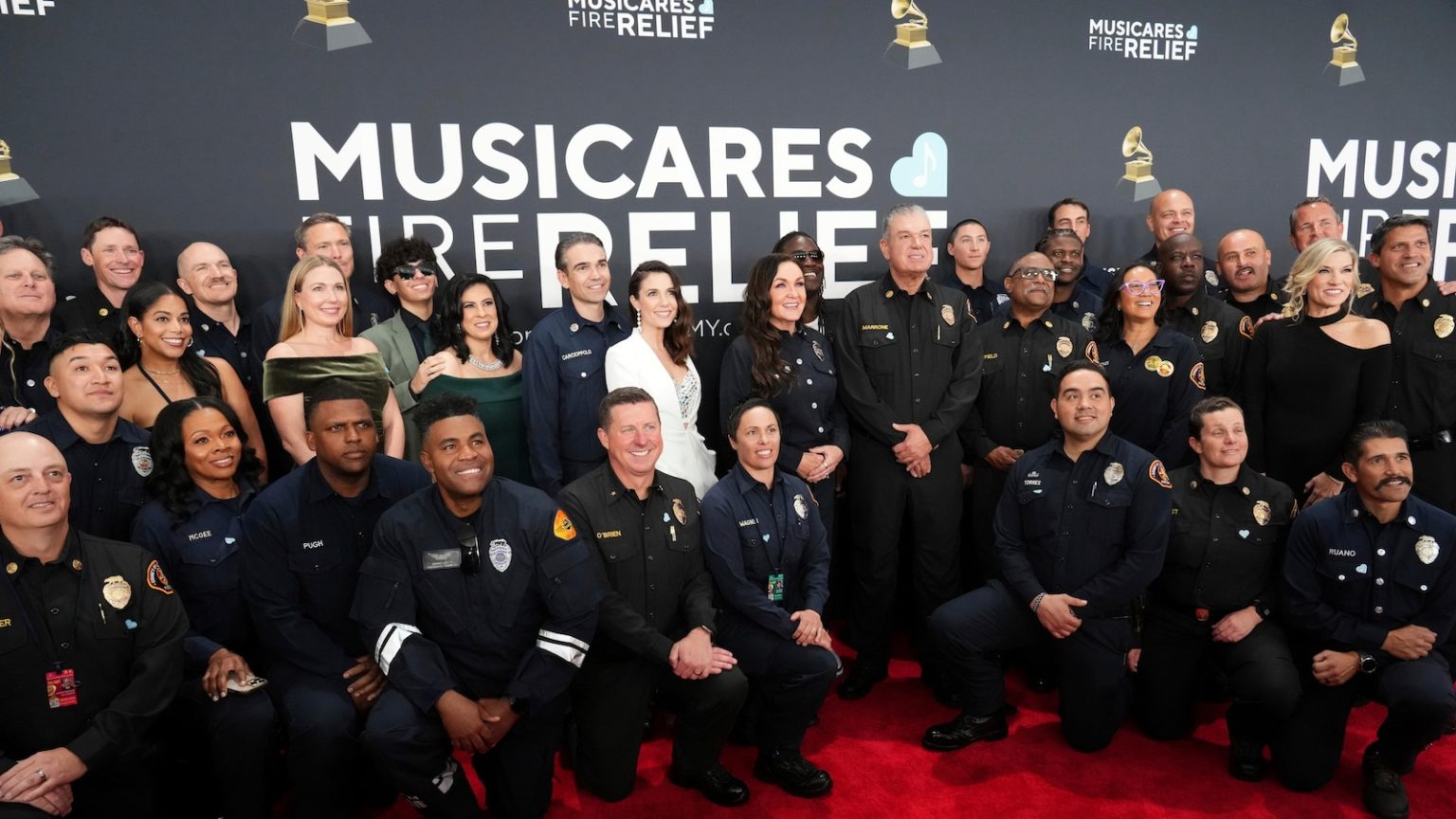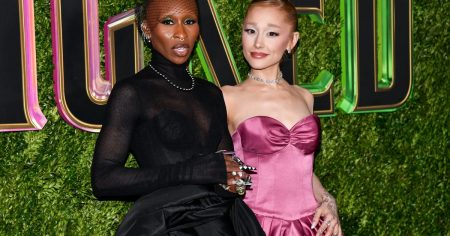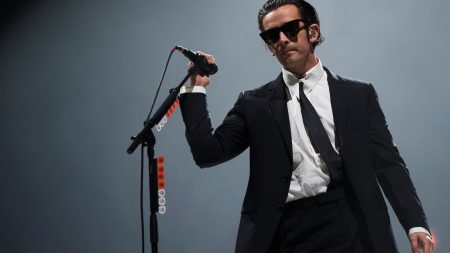A Night of Triumph, Tribute, and Transformation at the 2025 Grammy Awards
The 2025 Grammy Awards was a night of history, hope, and celebration, marked by unforgettable moments that resonated far beyond the stage. The telecast, held in Los Angeles, was a powerful tribute to the city’s resilience in the face of recent wildfires and a showcase of the music industry’s evolving landscape. From record-breaking wins to impassioned speeches, the Grammys proved once again why they remain a cultural touchstone. At the center of it all was Beyoncé, who finally claimed the coveted Album of the Year award for her groundbreaking work, Renaissance. Host Trevor Noah captured the collective sentiment when he said, “We finally saw it happen,” as the audience erupted in cheers and relief.
A Tribute to Los Angeles: Firefighters, Wildfires, and Unwavering Spirit
The night took on a deeply personal tone as the Grammys paid tribute to Los Angeles, a city still recovering from devastating wildfires. The telecast opened with a heartfelt performance by local brothers Taylor and Griffin Goldsmith of the band Dawes. The siblings, who lost their childhood home and instruments in the fires, delivered a stirring rendition of Randy Newman’s “I Love L.A.” backed by an all-star band featuring John Legend, Sheryl Crow, and St. Vincent, among others. Host Trevor Noah praised the brothers, saying, “They truly epitomize the unique spirit that we are seeing in L.A. right now.” The moment set the tone for a night that felt as much like a celebration of resilience as it did a music awards show.
The tribute continued when Los Angeles firefighters were chosen to reveal the winner of the final award, symbolizing the community’s strength and unity. The emotional weight of the evening was underscored by the $7 million pledged by viewers during the telecast to support those affected by the wildfires. The Grammys, often criticized for being out of touch, felt grounded and purposeful, reminding viewers of the power of music to unite and uplift.
Groundbreaking Wins and Powerful Messages
The night was also defined by historic wins and impassioned speeches that highlighted the importance of representation and empowerment. Doechii, a 26-year-old Floridian artist known for her genre-defying sound and theatricality, made history as only the third woman to win Best Rap Album. Accepting her award with her mother by her side, Doechii delivered a message of hope to young Black girls everywhere. “I want to tell you: You can do it,” she said. “Don’t allow anybody to project any stereotypes on you… You are exactly who you need to be to be right where you are, and I am a testimony right now.” Her speech, paired with her electric performance of “Catfish” and “Denial Is a River,” cemented her status as a rising star in the industry.
Chappell Roan, who won Best New Artist, also used her platform to call for change. She demanded that record labels provide artists with fair wages, healthcare, and better working conditions. Her speech was a raw and unflinching critique of an industry that often prioritizes profit over people. “Record labels need to treat their artists as valuable employees,” she said. Roan’s journey, which included being dropped by her label and working as a barista before finding success, lent her words an air of authenticity and urgency. Her performance earlier in the night, a high-energy rendition of “Pink Pony Club” featuring dancing clown cowboys, only added to the buzz surrounding her win.
A Celebration of Diversity and Inclusion
The Grammys have long been criticized for their lack of diversity and representation, but this year’s ceremony took significant steps in the right direction. Lady Gaga, accepting her award for Best Pop Duo or Group with Bruno Mars for their hit song “Die with a Smile,” used her moment to shout out to the transgender community, a group increasingly targeted by hateful rhetoric and policies. “Trans people are not invisible,” she said. “Trans people deserve love. The queer community deserves to be lifted up. Music is love.” Her words were a powerful rebuke to those who seek to marginalize and oppress.
Alicia Keys, who received The Dr. Dre Global Impact Award, also emphasized the importance of diversity and inclusion. “This is not the time to shut down the diversity of voices,” she said. “We’ve seen on this stage talented, hardworking people from different backgrounds with different points of view, and it changes the game. DEI is not a threat, it’s a gift.” Her speech was a testament to the transformative power of representation and a reminder that the Grammys, at their best, can be a platform for amplifying underrepresented voices.
The Weeknd’s Return and a New Era for the Grammys
One of the night’s most surprising moments came with the return of The Weeknd, who had publicly boycotted the Grammys in 2020, calling them “corrupt” after being snubbed despite the massive success of his album After Hours. However, this year, the pop superstar took the stage to perform two tracks from his new album, Hurry Up Tomorrow. His performance, featuring a smoky stage, a druid’s robe, and a guest appearance by Playboi Carti, was a visual and sonic triumph. The Weeknd’s return was seen as a vote of confidence in the Grammys’ efforts to reform and become more inclusive.
Grammy CEO Harvey Mason Jr., who took over in 2020, addressed The Weeknd’s criticism directly, acknowledging the Academy’s past failures and touting the steps taken to improve. “We have completely remade our membership, adding more than 3,000 women voting members,” he said. “The Grammy electorate is now younger, nearly 40% people of color, and 66% of our members are new since we started our transformation.” Mason’s speech, coupled with The















